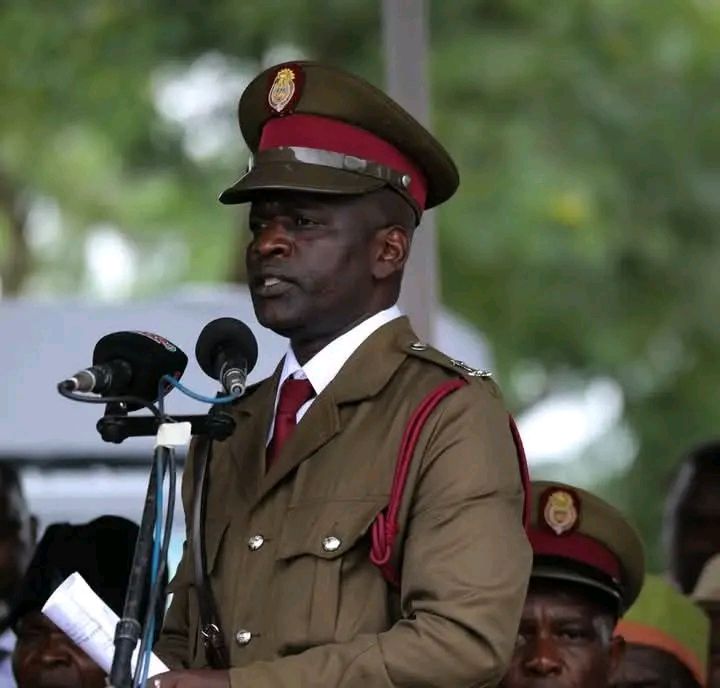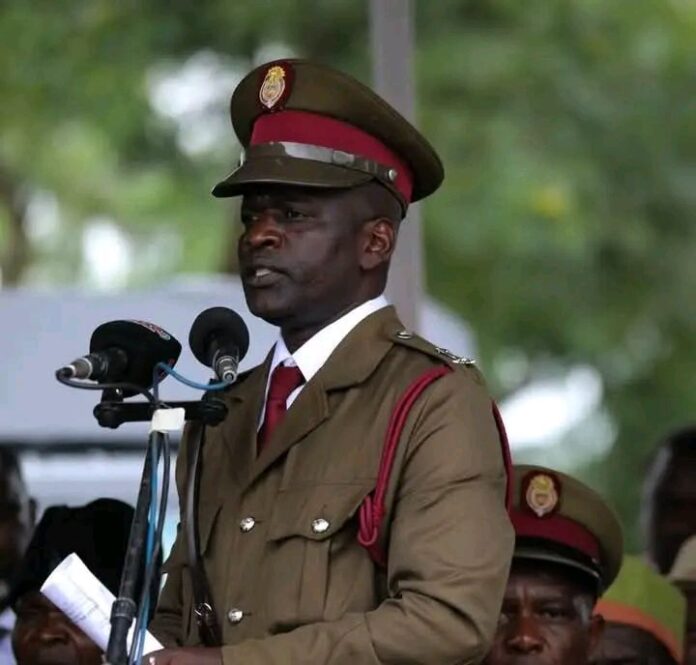By Jones Gadama
The Malawi Prison Service has responded to a request by the Youth and Society (YAS) to publicly disclose the names and case details of the 21 inmates granted clemency during the 2025 Easter Presidential Pardon.
According to the Prison Service, YAS should redirect its request to the presidential advisory committee responsible for pardon, as it is better placed to deal with the matter.
YAS executive director, Charles Kajoloweka, had given the government 15 days to publicly disclose the names and case details of the pardoned prisoners, warning that secrecy on the matter threatens public trust and violates constitutional obligations.

However, National Prison Spokesperson, Steve Meke, argued that the Prison Service is just responsible for the administration and rehabilitation of inmates, and not for deciding who should be pardoned.
“The presidential advisory committee is the one that is better placed to deal with that issue,” Meke said, adding that,”We are just responsible for the administration and rehabilitation of inmates.”
The secrecy surrounding the list of pardoned prisoners has prompted suspicion and speculation that the government intended to pardon some undeserving prisoners and others serving serious crimes.
Many Malawians are eagerly awaiting the release of the list, hoping that it will provide clarity on the matter.
The YAS request is rooted in the belief that transparency and accountability are essential in matters of public interest.
Kajoloweka’s letter to the government emphasized the importance of disclosing the names and case details of the pardoned prisoners, arguing that secrecy on the matter undermines public trust in the government’s decision-making process.
“The public has a right to know who has been pardoned and why,” Kajoloweka said. “Secrecy on this matter threatens to undermine the public’s trust in the government’s ability to make fair and just decisions,”he added.
The issue has sparked a heated debate, with some arguing that the government has a duty to disclose the information, while others believe that the decision to pardon prisoners is a matter of executive discretion.
The Prison Service’s response suggests that the government may be leaning towards maintaining secrecy on the matter.
The presidential advisory committee responsible for pardon is expected to play a crucial role in determining the fate of the request.
If the committee decides to disclose the names and case details of the pardoned prisoners, it would provide much-needed transparency and accountability.
However, if the committee decides to maintain secrecy, it may fuel further speculation and controversy.
As the debate continues, one thing is certain: the issue of presidential pardons is a complex and contentious one.
While the government’s decision to grant clemency to some prisoners may be motivated by a desire to show mercy and compassion, the secrecy surrounding the list has raised more questions than answers.
In a country where the justice system is often criticized for being opaque and biased, the demand for transparency and accountability is understandable.
The government’s response to the YAS request will be closely watched, and its decision will likely have significant implications for public trust in the government’s decision-making process.
The Malawi Prison Service’s response to the YAS request highlights the complexities of the issue.
While the Prison Service may not have the authority to disclose the names and case details of the pardoned prisoners, the YAS request raises important questions about transparency and accountability in government decision-making.
As the matter continues to unfold, one thing is certain: the public’s right to know is an essential component of democratic governance.
The government’s response to the YAS request will be closely watched, and its decision will likely have significant implications for public trust in the government’s decision-making process.
The issue of presidential pardons is a complex and contentious one.
While the government’s decision to grant clemency to some prisoners may be motivated by a desire to show mercy and compassion, the secrecy surrounding the list has raised more questions than answers.
The YAS request for transparency and accountability is understandable, and the government’s response will be closely watched.



